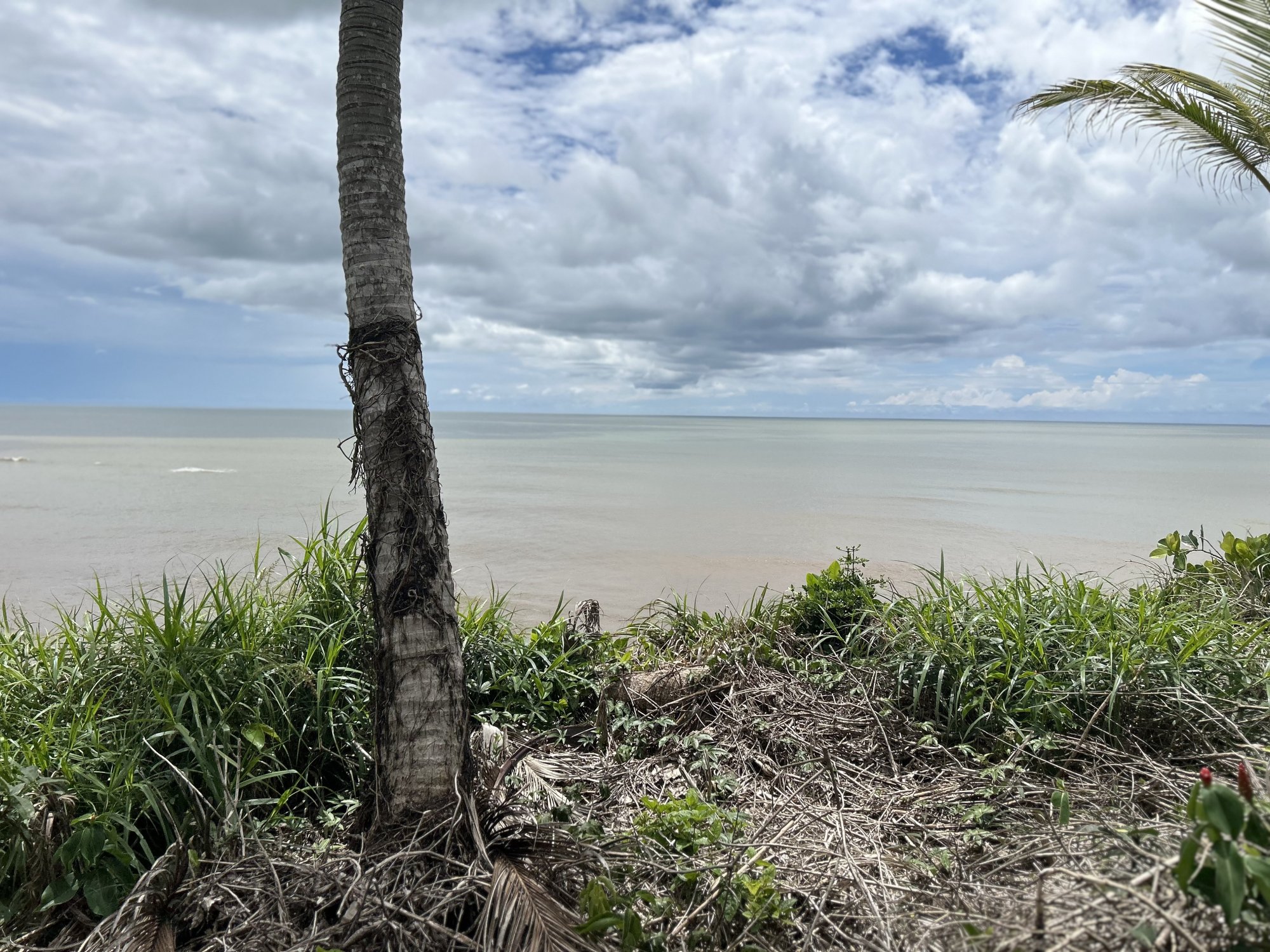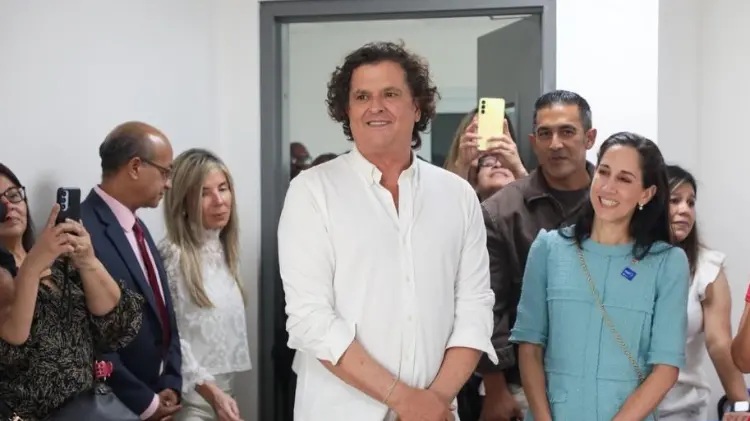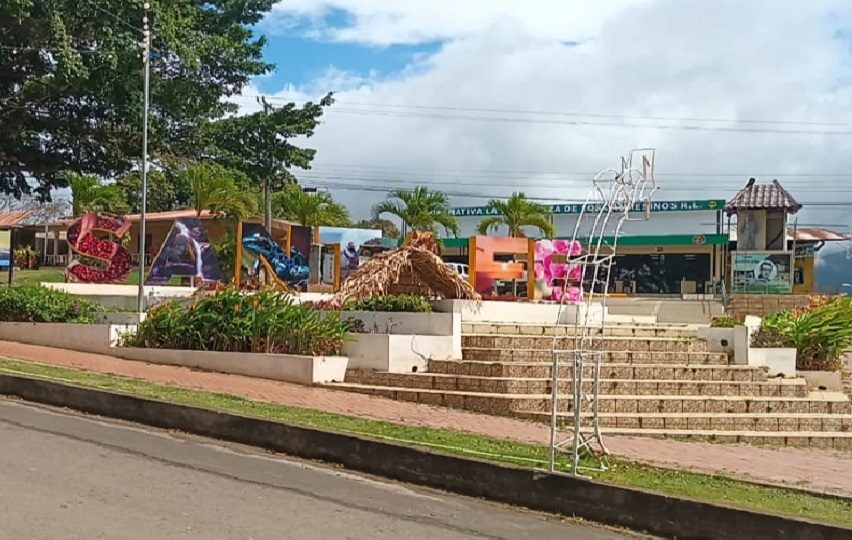Escape For My Life: Thalía Velásquez of Boquete – Survival Story

It took her four years to write the book in which she recounts her experience living outside of Panama, in a marriage marked by domestic violence, and how she managed to move forward. Thalía Velásquez, a Panamanian businesswoman based in Boquete, is co-founder of Hotel Valle Escondido, a resort focused on wellness. Her interest in health and personal care arose in 2008, after her husband was diagnosed with cancer, a difficult ordeal that was added to other experiences of resilience in her life. Years before, Thalía survived domestic violence in her first marriage, which led her to create the Hope Foundation, dedicated to helping survivors of this type of abuse. In addition, sharing her story and reflecting on it was a pending task that she has materialized in her book Fuga por mi Vida , which she talks about in this interview and is scheduled to be published.
Thalia, what is Escape for my life about?
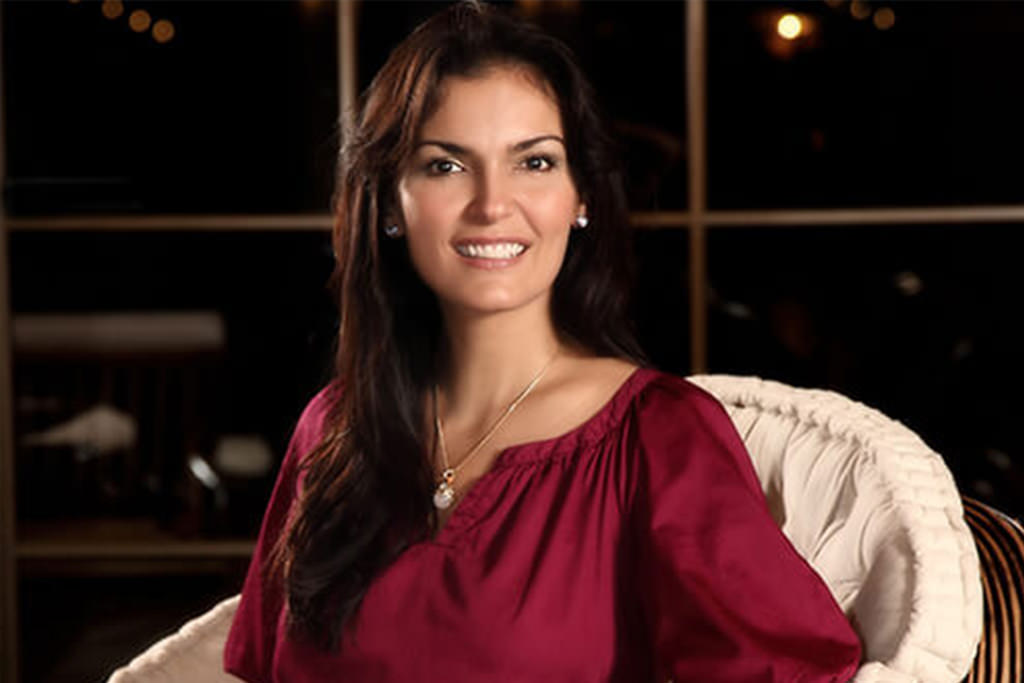
My book tells my story, from my childhood to the time I got married, very young, lived outside of Panama and fell into a violent relationship with a person who was light on the street and darkness at home. I didn’t dare to speak because, who would believe me? He was someone very charismatic, well connected. The book tells how the early years of my life shaped my perception of love and security. I also explore how my mother’s overprotection led me to desperately seek freedom. I talk about the balance needed in raising children. Each chapter reflects on what I lived through, how those experiences affected me and influenced my decisions. My book also touches on the topic of mental health, as the emotional impact of violence is devastating.
When did you start writing it?
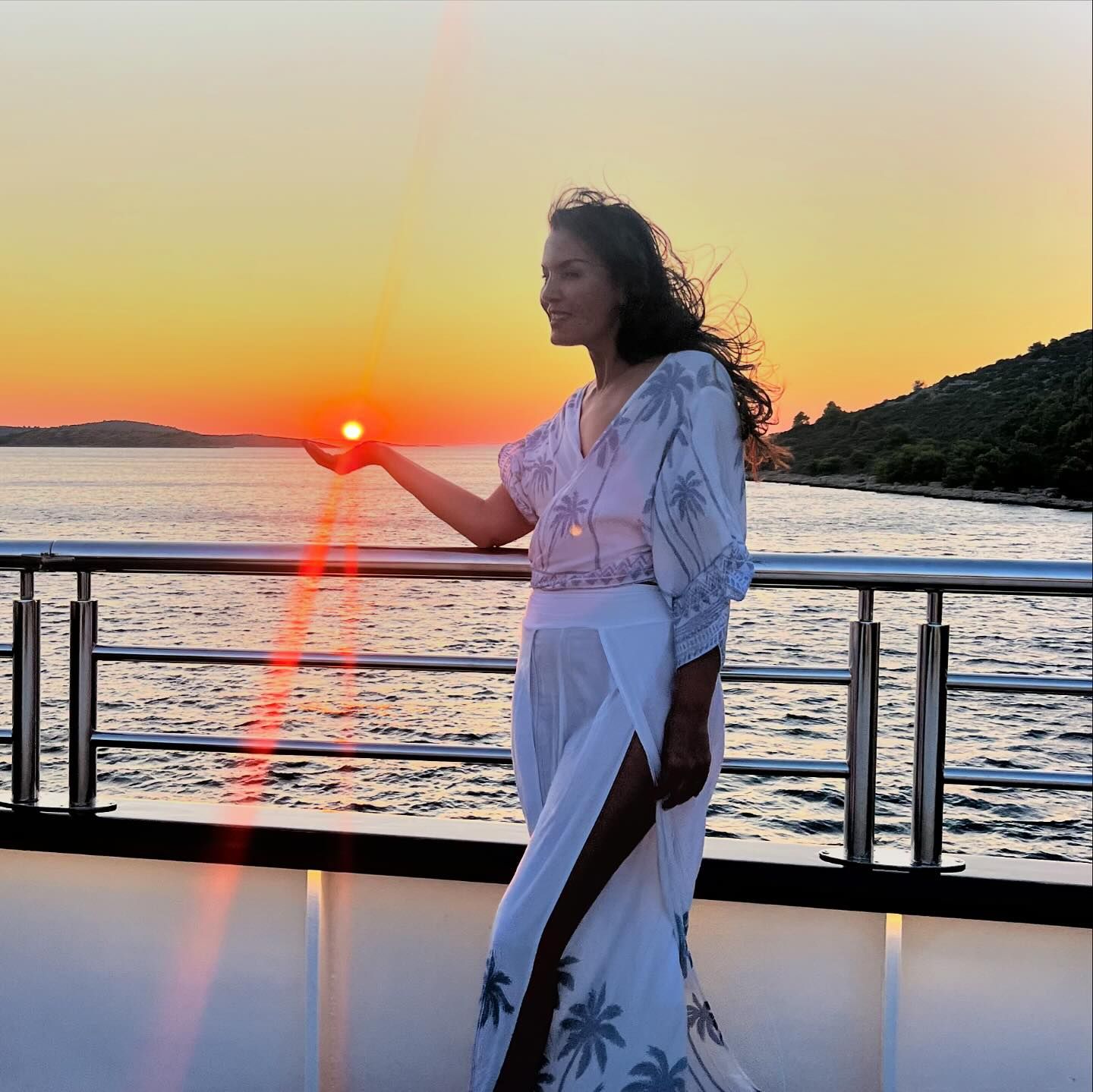
I started during the pandemic. Back then, the news about the number of domestic violence cases in our country and around the world was alarming. Seeing what was happening around the world, especially behind closed doors in homes, and how victims of violence had no escape, was what prompted me to write. I was in Boquete, at home, surrounded by nature, and I had the space to do it.
How was the writing process?
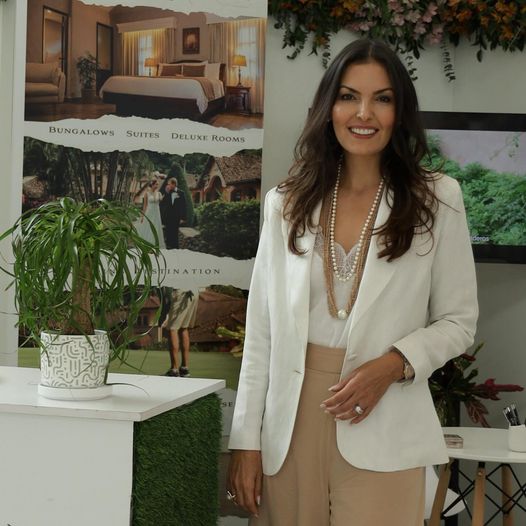
I had started writing long before, taking notes. When you are a victim of violence, you tend to block certain memories, but certain things are not forgotten. Your subconscious continues to carry those experiences. Although there were times when I cried while writing, it was a very deep healing process. During those years, I also delved into the subject of well-being and emotional health, which helped me enormously in my healing.
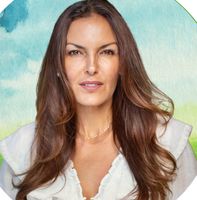
How did you approach writing about something so personal and painful?
The healing process began when I was in that situation of violence. I was in a shelter in the United States. Over the years, with the support of my husband, Samuel Taliaferro, I rebuilt my self-esteem and confidence. He gave me a lot of security, which was fundamental to my healing. Also, when I studied health and wellness, I realized how important it is to take time for you. We live in a world where everything is fast-paced, but we forget to take care of ourselves. For me, having that time to reflect was essential to writing the book and being able to process my experiences.
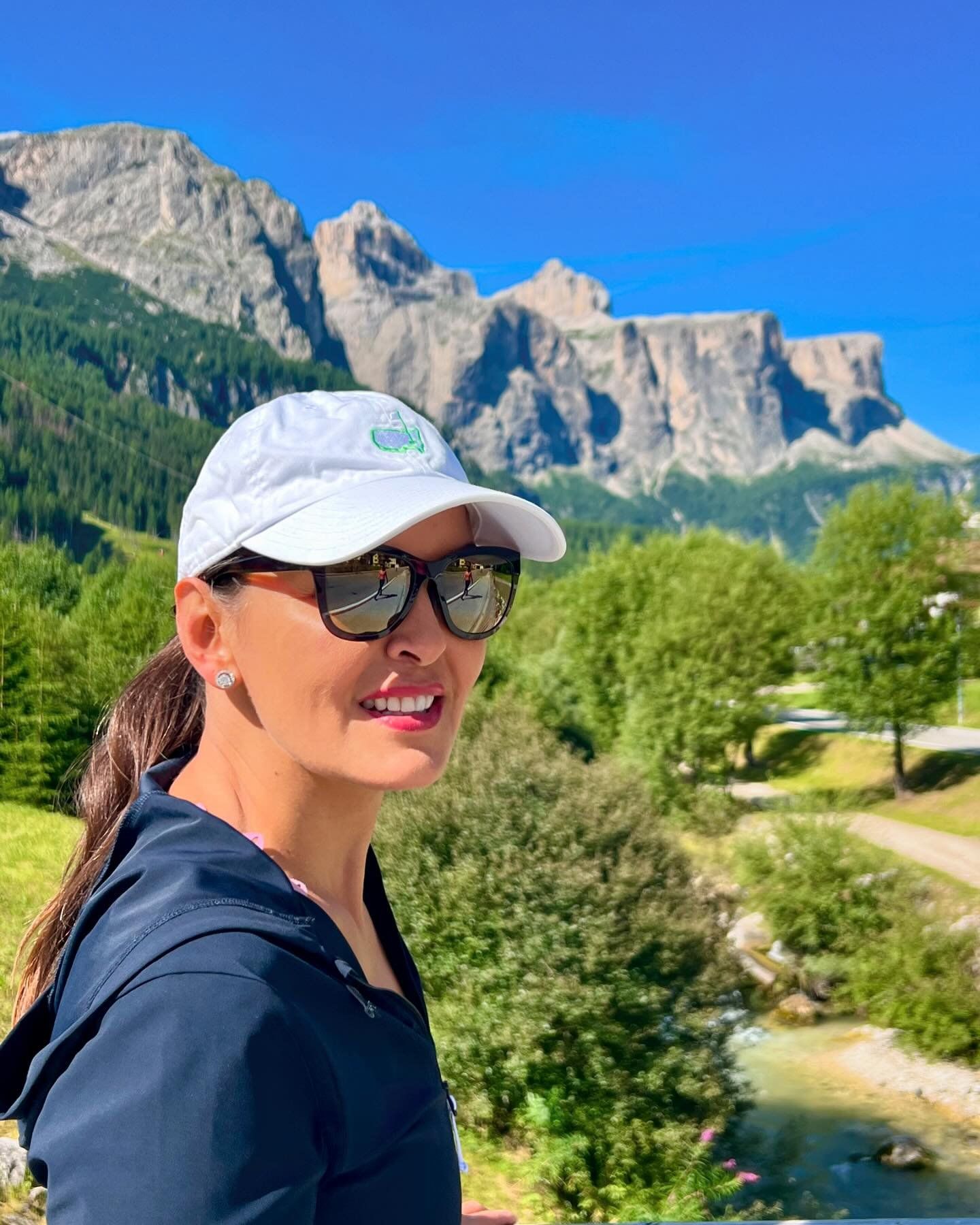
What other challenges did you face while writing?
I describe in a crude way the cycle of violence I endured: from the first blows to the most brutal episodes that put my life at risk. At first, I wrote superficially; I didn’t want my children to read such things. But, every time I read what I had written, I said to myself: “This wasn’t like that, it was much more intense, more horrifying.” I couldn’t sugarcoat reality if I wanted my book to have the impact I was looking for: to open society’s eyes to domestic violence. Many people think that women stay in these situations because they like it, but the aggressor achieves psychological control that completely manipulates the victim. A friend helped me unblock myself when I was stuck in the past. She suggested that I record what I had experienced and then we would transcribe it.
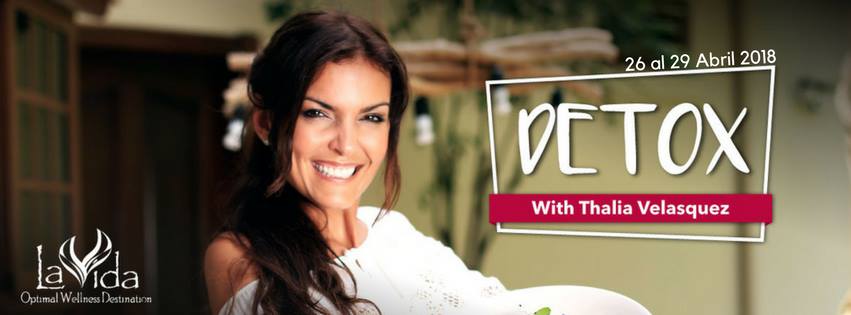
What would you like people to understand about this cycle of violence?
Often, people who experience violence do not believe they are in danger. They blame themselves: “I didn’t clean up properly,” “I didn’t do this properly,” and they think they deserve the abuse. Society also judges them. At the Foundation we have received all kinds of cases, and it is heartbreaking to see how the abuser isolates the victim, undermining their self-esteem until they are left in despair. In the book I explain why it is so easy for the victim to go back to the abuser: it is because you love him. You don’t want to leave the relationship, and in my case, even less so because I already had a child. I thought I could change him, but you can’t change your abuser. It’s not your fault. I also call on society and the families of the victims to offer the necessary support. My in-laws, for example, were a refuge, they welcomed me with so much love that they gave me the strength to carry on. Domestic violence is still perceived as a problem for certain sectors of society. Statistics do not always reflect reality, because most of the complaints come from people with a medium or low socioeconomic status. However, those with a higher social status often “mask” the situation, getting divorced without mentioning domestic violence. Often, these people remain in violent relationships longer than necessary to maintain their social status.
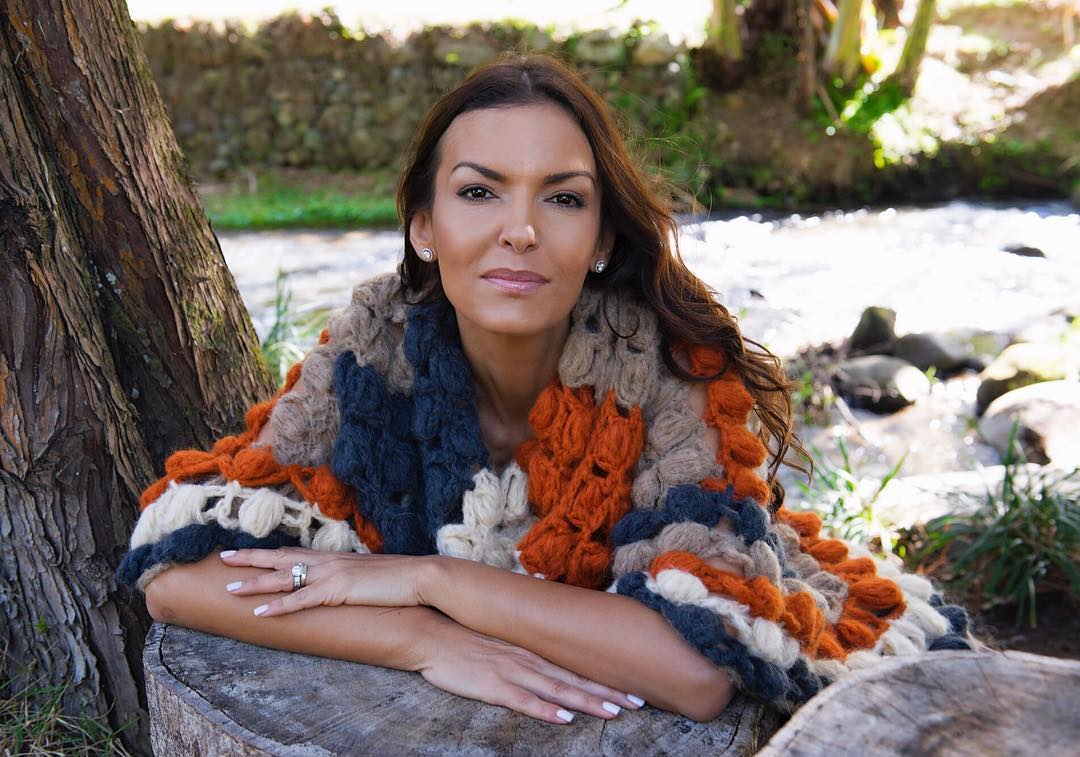
What message do you want to leave your readers?
The title of my book, Escape for my Life, is very powerful. It reflects my journey, from the illusion of freedom to the need to escape a situation that was destroying me. It was not just a physical escape, but an emotional and mental liberation. I had dark moments when I didn’t recognize myself and I thought, “How am I going to get out of here?” or “How am I going to end my life?” It was the love for my children that kept me going. I think the reason we keep holding on to life is because there is someone who loves us or someone we love deeply, and that gives us strength. With my book I want to help people find a ray of hope.
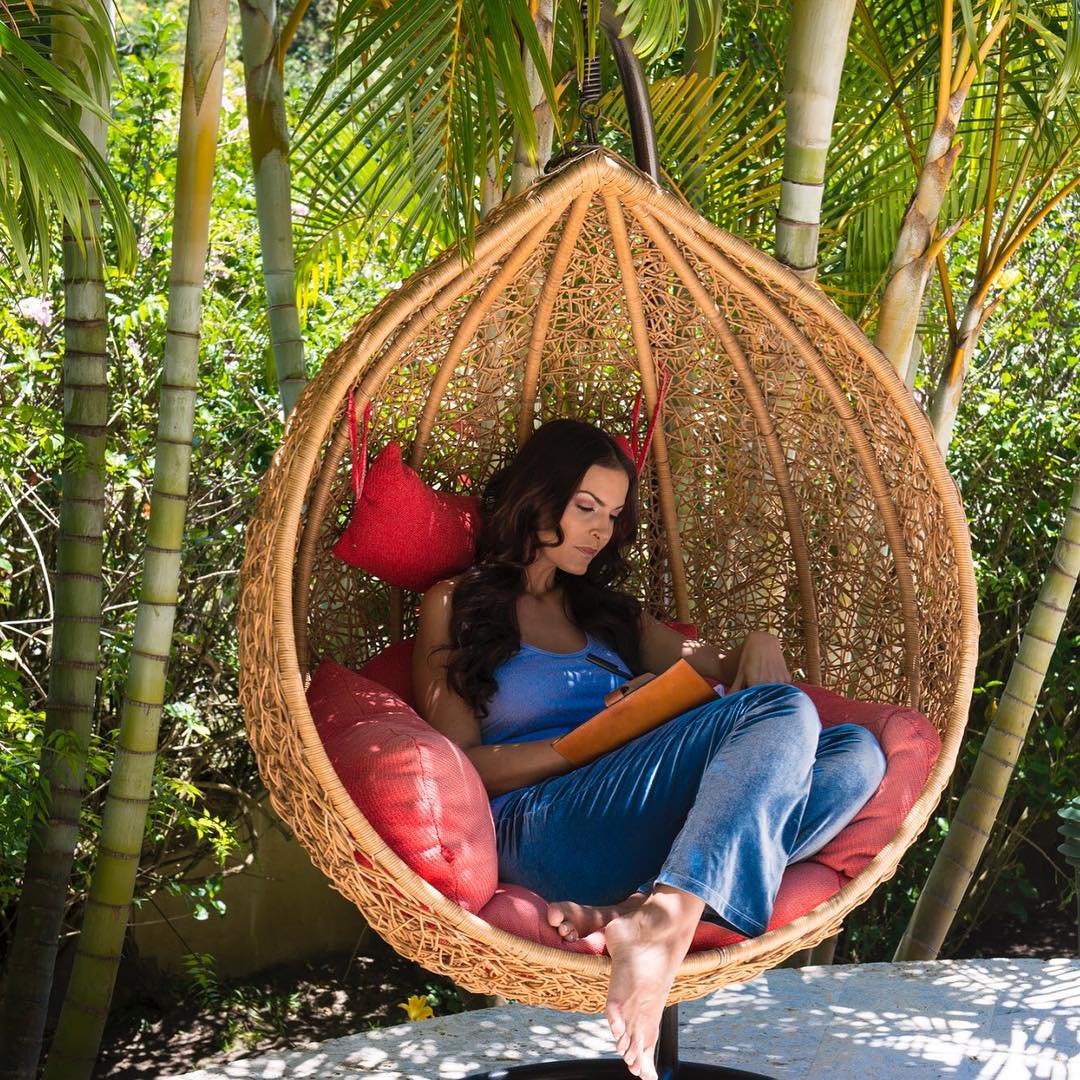
* The opinions expressed in this writing are the sole responsibility of its author.*



